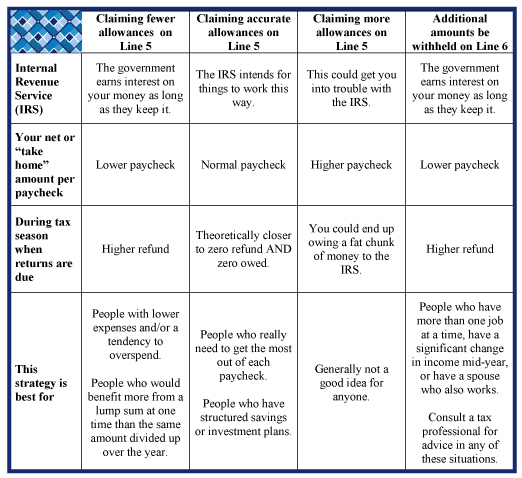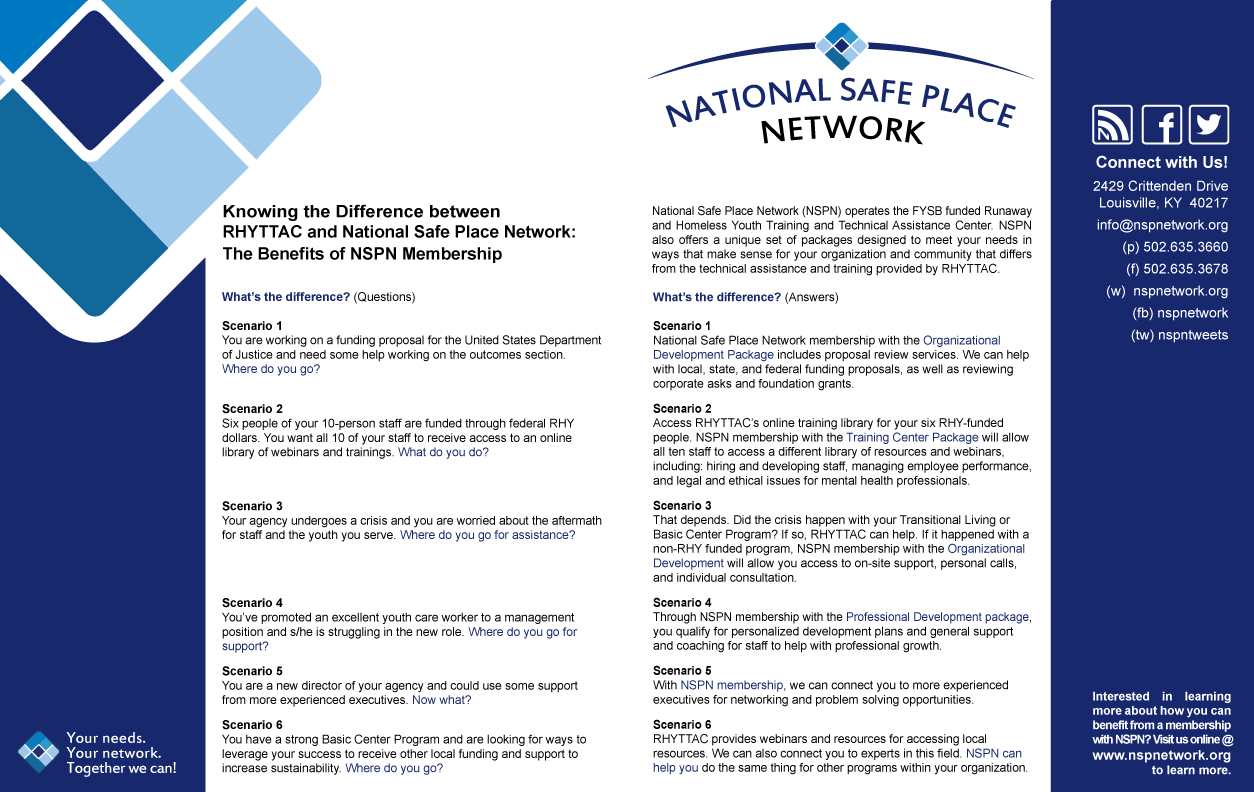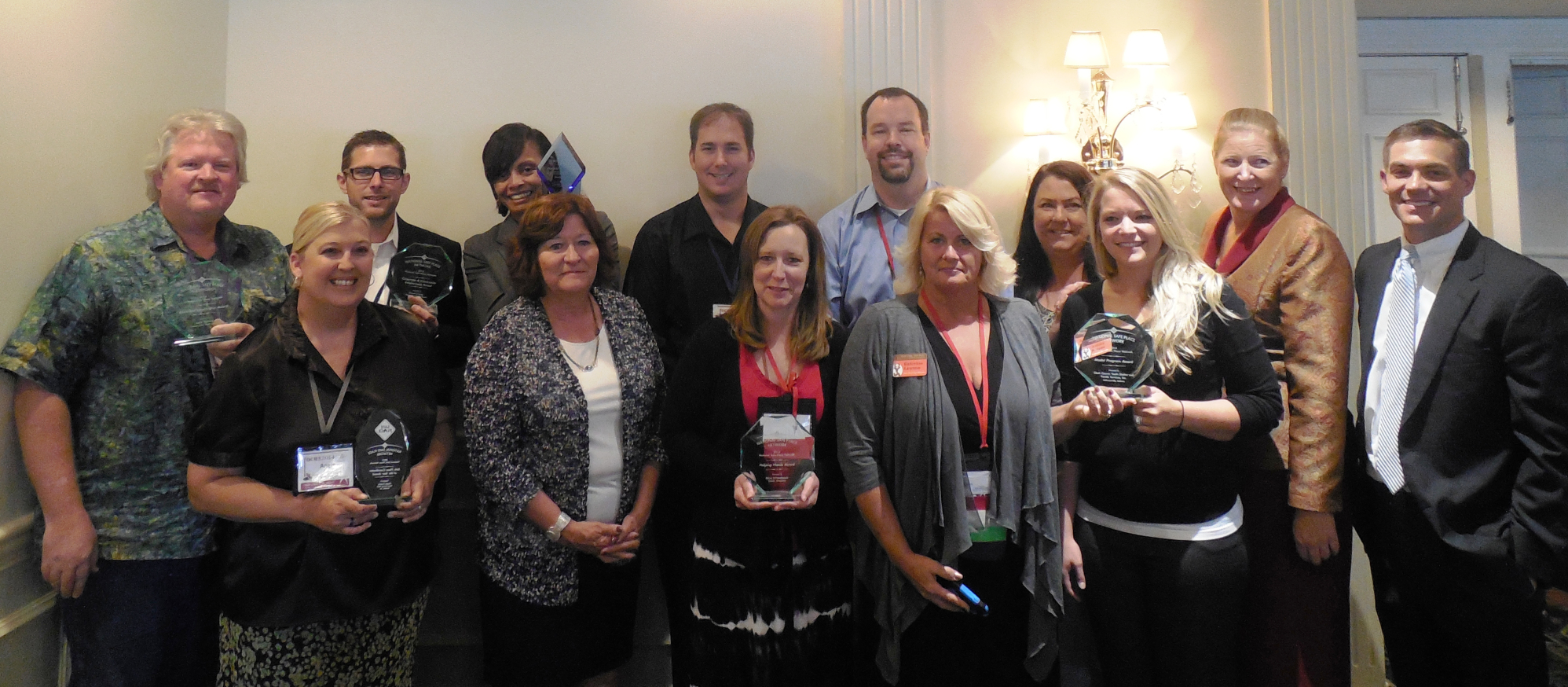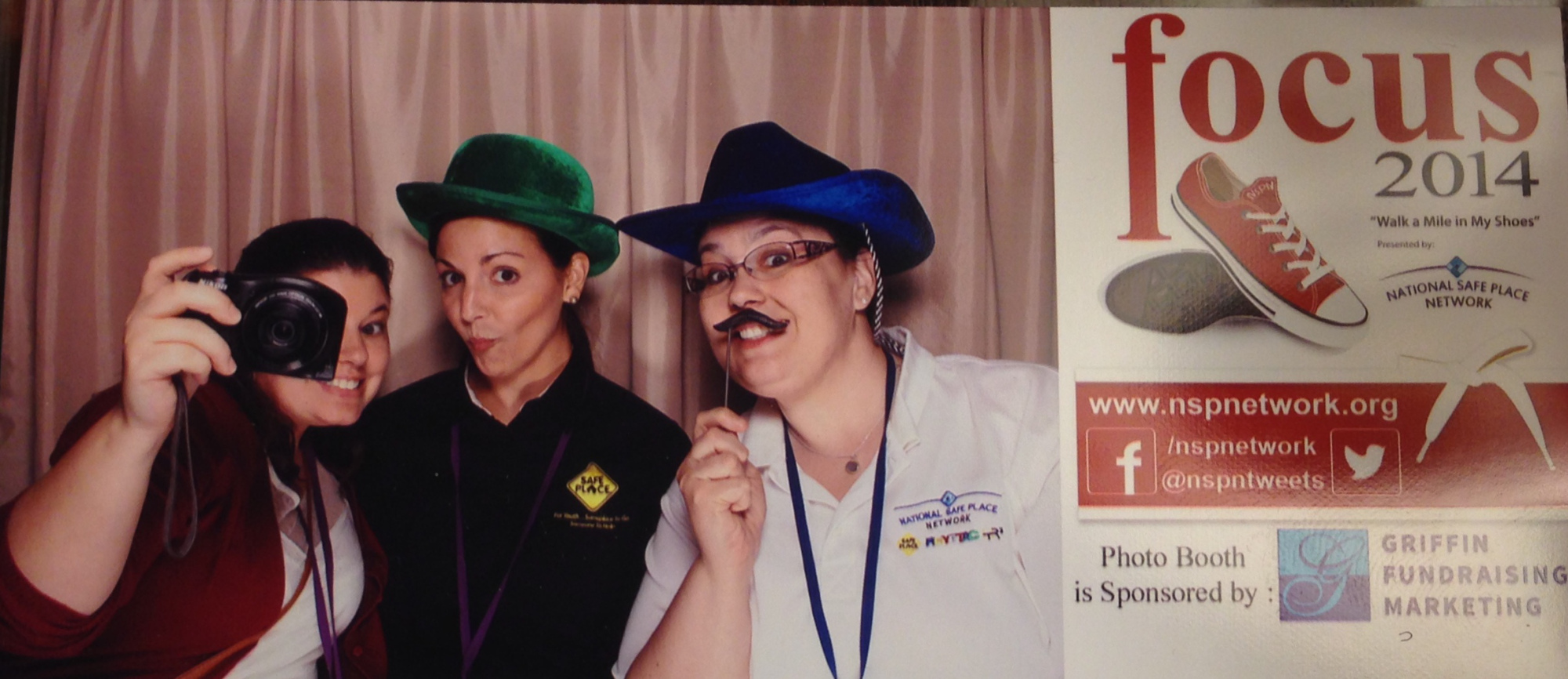Helping Teens File Their Taxes
Whether its approach fills you with anticipation or dread, tax time comes every year. Employers must produce and mail W-2s and other tax forms by January 31, and individuals have to file (and pay any taxes owed) by April 15. As you work with youth to develop life skills, here are some ideas and information to help them prepare for tax season:
- FREE stuff! Most youth workers, transition age youth, and low income families can file taxes electronically and even get tax preparation assistance at no cost. If you annual income is less than $53,000, you are eligible for two benefit programs available through the Internal Revenue Service (IRS) with no fees.
- If you have a simple return and are comfortable doing your own taxes, you can free-file with most well-known tax preparation software or online service providers through the IRS website: http://www.irs.gov/uac/Free-File:-Do-Your-Federal-Taxes-for-Free
- If your circumstances are more complex or you just want some help, you can also find local providers of free tax preparation services through the IRS website: http://www.irs.gov/Individuals/Free-Tax-Return-Preparation-for-You-by-Volunteers
- Get Organized. Interpreting tax documents can be tricky, but experienced preparers and online software can help. However, if documents are missing it can cause a headache for everyone involved and may result in an audit. Before you file, think back to the last year and make sure you have everything you need. Don’t ignore any tax documents! Once you have filed, be sure to store all of your documents and returns in a safe place. The IRS has put together a checklist of things to bring to a tax preparation appointment: http://www.irs.gov/Individuals/Checklist-for-Free-Tax-Return-Preparation. Common tax documents include:
- W-2 Earned Income
- 1099 Miscellaneous Income
- 1098-E Student Loan Interest
- Host a Tax Party! If the scale works for your program, it may be wise to bring volunteers on site. Have fun games like monopoly, tax jeopardy, or tax bingo and snacks to entertain youth while peers meet 1:1 to prepare their taxes. Assist youth in gathering their tax documents by providing checklists in advance and offering secure storage until the big event.
- Money, Money, Money!! Tax refunds may present a rare opportunity for young people or families who struggle to make ends meet. It is so tempting to splurge a chunk of money and so easy to let it slip through your fingers. The best way to get the most out of that opportunity is to make a plan for those dollars before you spend them.
- Beware of Refund Anticipation Loans (RALs). Interest rates are absolutely despicable, and getting less money two to three weeks earlier (if you e-file with direct deposit) probably isn’t worth how much of your refund you will have to give up to do it. Having some time between learning how much is coming and actually getting it only increases your power to contribute to your financial goals.
- Help youth define their goals. They might be saving move-in costs for their own apartment (security and utility deposits, first month’s rent, furniture and household supplies) or start-up costs for buying a car (down payment or cash purchase, tags, title and insurance). Some youth are already buried in debt from predatory pay day loans and are working to free themselves from that burden. Perhaps a young person needs to buy a computer to finish high school credit recovery or facilitate post-secondary studies.
- Dependent Status. Determine whether or not someone plans to claim you as a dependent. Filing incorrectly could result in problems for you or your parent/guardian. There are four basic tests to establish dependency. According to the IRS, they are:
- Relationship: Taxpayer’s child, stepchild, foster child, sibling or step sibling, or a descendant of one of these.
- Residence: Child has the same principal residence as the taxpayer for more than half the tax year. Exceptions apply for children of divorced or separated parents, kidnapped children, and temporary absences.
- Age: The child must be under the age of 19 at the end of the tax year or under the age of 24 if a full-time student for half of the year, or be permanently and totally disabled at any time during the year.
- Support: Child did not provide more than half of his/her own support for the year.
- For more information on qualifying factors, visit the IRS website: http://www.irs.gov/uac/A-%E2%80%9CQualifying-Child%E2%80%9D
- Extensions. If necessary, a six month extension can be granted by filing form 4868. That will extend the deadline to October 15. This can be helpful for youth who are in the middle of a difficult situation and do not have access to necessary records or other information. However, even if you request an extension, you will still need to pay any taxes you owe by April 15.
- W-4 allowances: to take or not to take. The number of people (including yourself) supported by your wages affects the amount of your income that is taxed. Most W-4 forms include instructions and a worksheet to help you identify how many allowances apply to your circumstances. When determining how many to claim with your employer, consider the following general guidelines:









